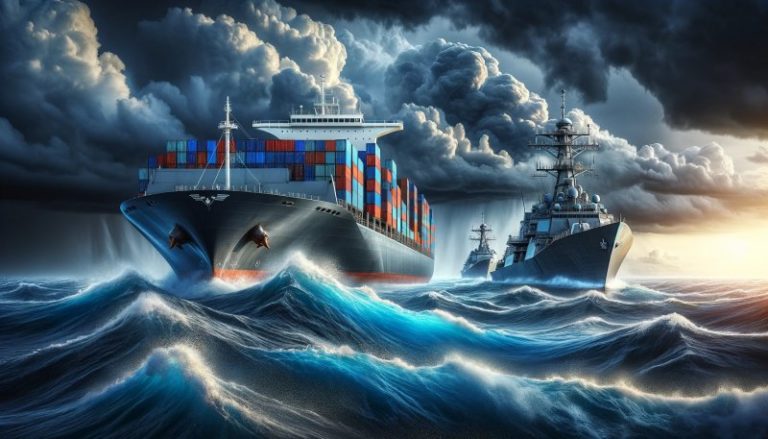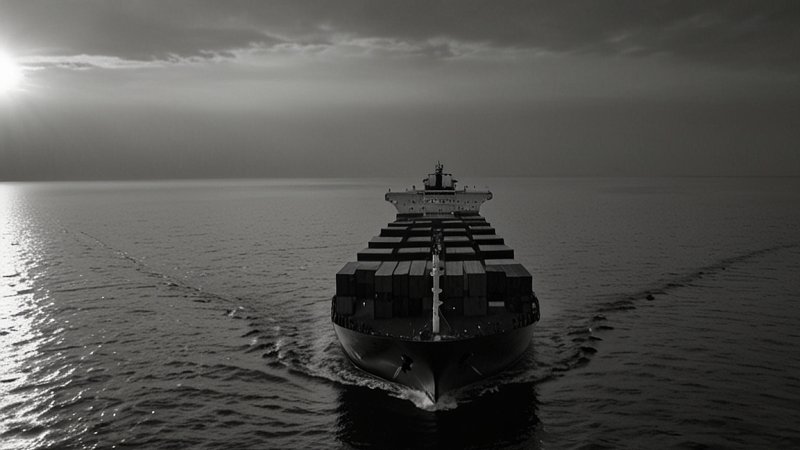The crisis in the Red Sea is reshaping global trade dynamics, influencing not only maritime routes but also the financial stability of Italian firms. This was highlighted in a report released on May 2, 2024, by Allianz Trade, based on research carried out in March in collaboration with Format Research involving 500 Italian exporters. Notably, the Suez Canal has experienced a significant drop in naval traffic, redirected to the longer Cape of Good Hope route.
Given that the Red Sea handles 30% of global container traffic, from the Suez Canal to the Bab-El-Mandeb Strait, naval traffic has decreased by 76% and 48%, respectively. Conversely, circumnavigation of Africa saw a surge of 193% in volume terms. Francoise Huang, senior economist at Allianz Trade for the Asia Pacific, noted a substantial rise in shipping costs: "Container rates have skyrocketed, hitting a peak of $3,964 for a forty-foot container in January, up by 177% from November 2023 levels."
The impact of the crisis is severely reflected in the financial performance of affected companies: revenues have dropped by 14.2% compared to the previous semester, averaging an 18% reduction per company. The outlook remains bleak, with 10.6% of businesses anticipating further declines in 2024. On the investment front, 5.5% of firms have been forced to cut or completely cancel their plans for 2024 due to the crisis. These challenges also extend to shipping times, which, according to 59.2% of the surveyed companies, are expected to see significant increases, as well as to supplier payment terms, with delays up to forty days.
Despite these hurdles, 30% of Italian companies have already begun evaluating logistical alternatives to mitigate the crisis's impact. Additionally, 20.6% of those surveyed will adopt these measures in 2024, and 9.4% have already implemented them, focusing on air, road, and rail transport. Luca Burrafato, head of Allianz Trade for the Mediterranean, Middle East, and Africa, emphasizes the importance of a proactive strategy: "In a period of growing geopolitical uncertainty, it is essential for businesses to optimize working capital management and leverage the resilience that has characterized the Italian economy in times of crisis."





































































